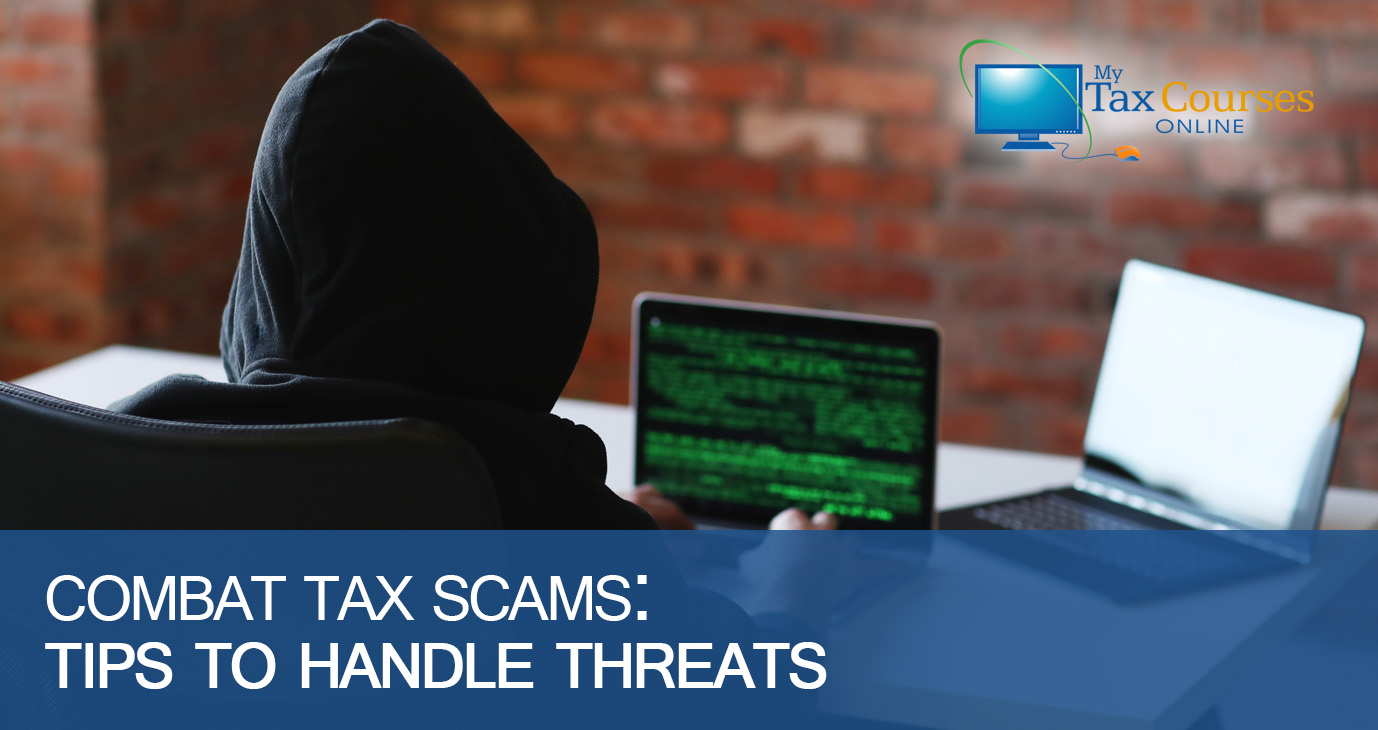Scammers are out with a vengeance and it seems even worse around tax season. Emails, text messages, phone calls, fake social media accounts reaching out, and even scammers physically approaching people at their homes or in public places are heard of. With so many opportunities for hacks into your personal life and information to occur, it is important to be aware of what is happening to you and around you.
What is a Tax Scam?
A tax scam is an illegal trick, usually to get access to money or avoid paying taxes. It is performed by individuals who are impersonating or pretending to be someone with the government or a related agency such as an accountant, charity board member, education official… the list goes on. Always make sure you keep personal information private until you are certain it is someone you are supposed to speak with by verifying their information.
How to Identify Scams
Taxpayers can identify scams that are tax-related more easily by noting that the IRS will never initiate contact with them by email, text message, or social media channels to request any personal or financial information. If you are receiving a pushy call from a scammer regarding your taxes, hang up immediately and report it to the correct officials. Note the following:
IRS officials will NOT:
- Call to demand immediate payment
- Require you to pay taxes without the opportunity to appeal the amount they say you owe
- Threaten to bring in local police, immigration officers, or other law enforcement to have you arrested for not paying
IRS officials WILL:
- Provide two forms of official credentials called a pocket commission and a HSPD-12 card
- Give you the dedicated IRS telephone number to verify the information and documents shown to you by them confirming their identity and purpose for being there.
Reporting Scams
If you suspect any illegal tax-related activities are occurring to you or your business, don’t hesitate to get in touch with the proper authorities at the IRS to submit your concerns. These situations can be very serious and much of the time, you aren’t the only one being targeted.
Always verify who you are communicating with and know that it is crucial you stay vigilant in protecting yourself and your business from tax scammers trying to weasel their way through life while ruining yours. By implementing verification tips we mentioned above, and reaching out to the proper authorities when necessary, you will be equipped to assess fraudulent situations you may face.




